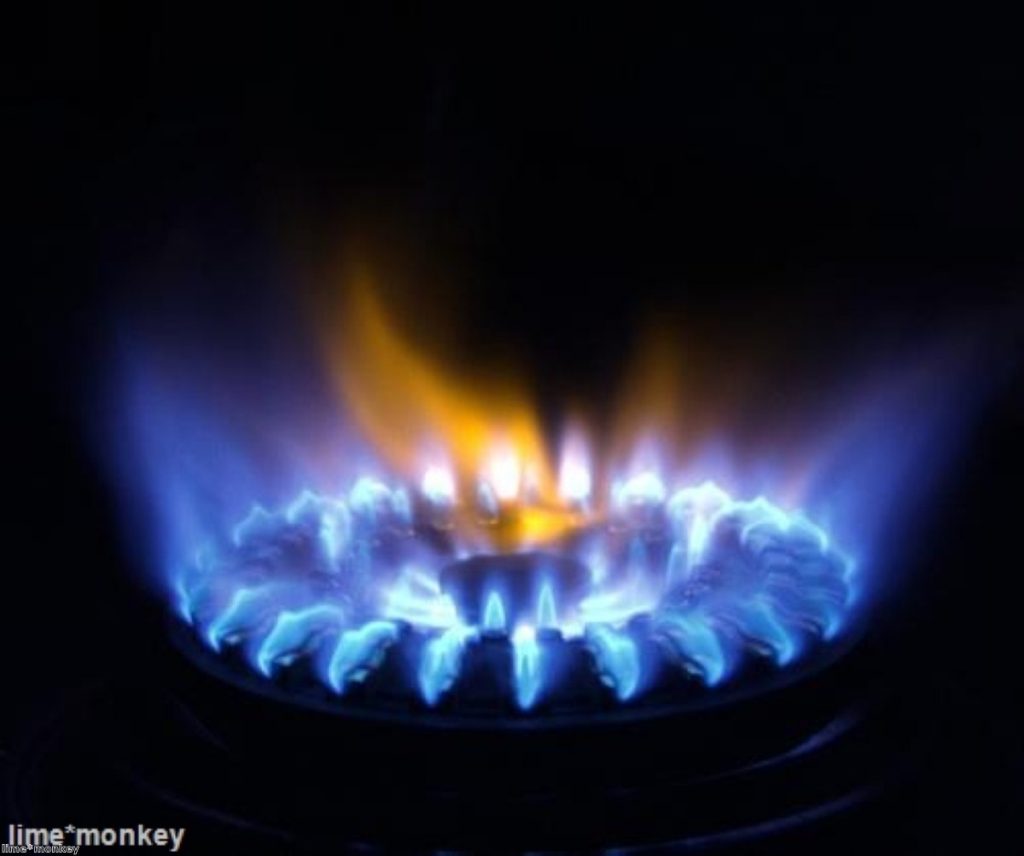Govt fuel poverty scheme ‘in tatters’
By politics.co.uk staff
A government scheme to aid those in fuel poverty is not fit for purpose, leading charities have claimed today.
A report by the National Audit Office today has shown the Department of Energy and Climate Change’s (DECC) Warm Front scheme to tackle fuel poverty by improving energy efficiency has aided over 635,000 households between June 2005 and March 2008.
However, by 2006 there were 1.9 million vulnerable households, and at the current rate of progress they will only be helped by 2010.


Furthermore recent energy price increases are set to push up the numbers in fuel poverty – those paying ten per cent or more of their income on heating.
However, the NAO found Warm Front was targeting those not in fuel poverty and missing those in fuel poverty.
Fifty-seven per cent of vulnerable households in fuel poverty do not claim the relevant benefits to qualify for the scheme. But nearly 75 per cent of households who would qualify are not necessarily in fuel poverty.
Research by Age Concern and Help the Aged in warm front found the capping of grants at £2,700 has resulted in over 130,000 of their clients having to pay a top-up fee – on average £487.28.
Mervyn Kohler, special adviser for Help the Aged, said: “The NAO report gives stark and unequivocal evidence that the government’s Warm Front scheme is grossly underfunded, poorly targeted and unfit for purpose in its current form.
“The programme tasked with combating fuel poverty has failed to even scratch the surface – a few hundred thousand are being helped while millions are quite literally left cold.
“The government’s fuel poverty strategy is in tatters.”
Gordon Lishman, director general of Age Concern, added: “With thousands of the poorest households unable to proceed with work because they can’t afford the top-up fees needed, and thousands more on a long waiting list, the scheme is clearly not doing enough to tackle fuel poverty.
“The harsh reality is that in these freezing weather conditions, millions of older people are living in cold, energy inefficient houses and are afraid to turn their heating up because of the cost – which could be putting the health of thousands at risk.”
In addition, the NAO between June 2005 and March 2008 the scheme has given £34 million in grants to households whose properties were already comparatively energy efficient, the NAO found.
It was also revealed grants have not increased since 2005 and boiler replacement charges were “at the higher end of the range” of competitiveness due to high specifications.
The NAO calculated 20,400 households had withdrawn from Warm Front because of the costs.
Tim Burr, head of the NAO, said: “The Warm Front scheme has helped to alleviate fuel poverty in a large number of households.
“But despite changes intended to improve the targeting of the scheme, over half of vulnerable families in fuel poverty still do not qualify, while many households unlikely to be fuel poor are able to claim a grant.”
He added: “The Department of Energy and Climate Change needs to improve the way it assesses eligibility for the Scheme, so that the most vulnerable households are the first to receive the assistance they need.”
Edward Leigh MP, chairman of the Commons public accounts committee, said over half of the genuinely fuel poor are ineligible for help.
“This is a serious shortcoming of the scheme, of great concern in the current severe winter,” he said.
The DECC has yet to comment.









